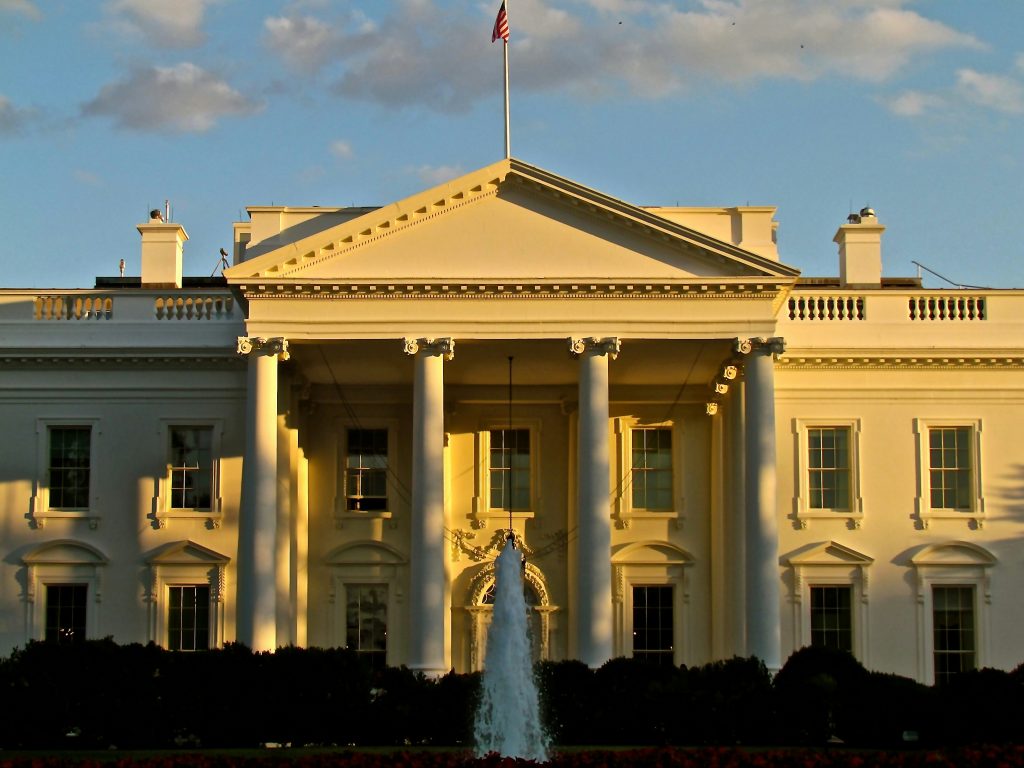Serving Coffee with a Side of ‘Overbroad’ Civility: Starbucks Workplace Civility Rule—What Needs to Change?

By: Marisa Ganzman*
Starbucks Coffee Company has been under heat for an ‘overbroad’ civility rule in the “How We Communicate Policy”[1] of their employee handbook. Starbucks employees have read this rule to dissuade their union activities.[2] For that reason in a consolidated complaint, Workers United, a/w Services Employees International Union (“the Union”), alleged unfair labor practices by Starbucks Corporation in January 2023.[3] On August 10, 2023, the assigned Administrative Law Judge (“ALJ”), Michael Rosas, ruled in the Union’s favor.[4] Rosas found that the civility rule overstepped the National Labor Relations Act, violating federal labor laws.[5]
Starbucks is now obligated to immediately withdraw this policy.[6] In understanding the implications of the Starbucks civility rule, we must assess what encompasses a civility rule. In turn we must analyze the broad wording in Starbucks’s policy that led to their downfall. Lastly, we must consider what the Stericycle decision’s effect is.
According to the American Bar Association, while the concept of civility is wide-ranging, its earliest use indicates exhibiting respectable behavior for the “good of a community.”[7] On one hand corporations—for the good of their business and society as a whole—must weave some “civility” into their policies. However, just as any other policy or provision, a civility rule cannot be written so broadly that it leaves room for negative interpretations or applications. This is especially true for a colossal corporation such as Starbucks, as they are hopefully now realizing.
As discussed, in the complaint before the ALJ, the Union alleged unfair labor practices.[8] Specifically, the Union contended that Starbucks maintained an “unlawfully broad”[9] civility rule in their policy describing how Starbucks “partners”—which is the expression Starbucks uses to refer to their employees—are to communicate. The policy explains: “Partners are expected to communicate with other partners and customers in a professional and respectful manner at all times. The use of vulgar or profane language is not acceptable.”[10] The Union argued that the wording of this rule, in effect, restricted employees’ ability to exercise protected activities.[11]
Starbucks responded it was necessary their partners abide by “basic standards of civility.”[12] Rosas concluded while civility is a valid interest, Starbucks’s rule was particularly “overly broad, vague, and . . . susceptible to application against Section 7 activity, especially during nonwork time.”[13] Rosas reasoned Starbucks failed to exemplify they were incapable of achieving these interests with a more precisely worded policy, that would not violate Section 7.[14]
Section 7 of the National Labor Relations Act, otherwise codified as 29 U.S.C § 157, expounds on employees’ right to organize, form, join, or assist labor organizations.[15] Rosas, in his ruling, focused on the rule’s consequences in violating these rights as well as other protected communications.[16] Certain examples were emphasized, including when partners were given written warnings after criticizing their manager’s “level setting” during a private conversation about Starbucks dress code.[17] Another employee was discharged partly because of “foul language” used in a private social media discussion regarding staffing concerns at Starbucks.[18] Lastly, Starbucks began enforcing a stricter dress code after employees filed union election petitions, in turn restricting partners from wearing their union shirts at work.[19]
The nail in the coffin—or in this case the spoiled milk—for Starbucks was the Stericycle Inc. decision, in which the National Labor Relations Board adopted new standards for evaluating workplace rules.[20] Before Stericycle, the board permitted expansive and facially neutral employee policies.[21] Stericycle however highlighted the significance of reviewing even a facially neutral policy to understand an employee’s reasonable interpretation of it, while assessing the business’s interest in upholding it.[22] This standard focuses on employees’ interpretations, making both the employer’s own interpretation and intent inconsequential.[23] Here, Rosas noted Starbucks partners reasonably interpreted the civility rule to discourage their protected activities.[24] This overshadowed any genuine intent or business interest Starbucks maintained, especially as they likely could have achieved their interests with a clearer policy.[25]
While civility rules have legitimate interests, a company incorporating an ambiguous but positively intended provision, susceptible to negative applications, vastly differs from a company carefully crafting a routinely evaluated policy. Corporations must ensure policies comply with Stericycle to safeguard their employees. In doing so, employers must maintain a discrimination-free workplace, allowing employees to feel safe in exercising their protected rights.[26]
Starbucks could appeal this decision to the NLRB. However, the company may want to take note, as this was their twenty-second ALJ ruling for violating various labor laws.[27] As a former Starbucks partner myself, I hope the company makes necessary changes. The best course for Starbucks is to focus more on partner feedback and less on sweeping language that appears altruistic but is not safeguarded to protect their employees. Although not a complete solution, Starbucks maintains the resources to cure these issues, and this could be the first step in doing so.
* J.D. Candidate, Class of 2025, Sandra Day O’Connor College of Law at Arizona State University.
[1] Starbucks Corp. & Workers United a/w Serv. Emps. Int’l Union, No. JD-50-23, 2023 WL 5140070 at *3 (Aug. 10, 2023).
[2] Id. at *2-3.
[3] Id.
[4] Id. at *146.
[5] Id.
[6] Robert Iafolla, Starbucks’ Civility Rule Violates Labor Law, NLRB Judge Says (1), Bloomberg Law, (Aug. 11, 2023, 2:53 PM), https://news.bloomberglaw.com/daily-labor-report/starbucks-civility-rule-violates-labor-law-nlrb-judge-rules.
[7] Jayne Reardon, Civility as the Core of Professionalism, ABA (Sept. 18, 2014), https://www.americanbar.org/groups/business_law/resources/business-law-today/2014-september/civility-as-the-core-of-professionalism/#:~:text=Capacity%20to%20act%20in%20a,the%20privilege%20of%20practicing%20law.
[8] Starbucks Corp., 2023 WL 5140070 at *1-3.
[9] Id. at *2-4.
[10] Robert Iafolla, Starbucks’ Civility Rule Violates Labor Law, NLRB Judge Says (1), Bloomberg Law, (Aug. 11, 2023, 2:53 PM), https://news.bloomberglaw.com/daily-labor-report/starbucks-civility-rule-violates-labor-law-nlrb-judge-rules.
[11] Starbucks Corp., 2023 WL 5140070 at *145.
[12] Id. at *146.
[13] Id. at *146.
[14] Id. at *144-45.
[15] 29 U.S.C § 157.
[16] Starbucks Corp., 2023 WL 5140070 at *145-46.
[17] Id. at *145-46.
[18] Id.
[19] Id. at *147-48.
[20] NLRB, Office of Public Affairs, Board Adopts New Standard for Assessing Lawfulness of Work (2023).
[21] Id.
[22] David Fish & Ellie Sanders, What You Should Know About the NLRB’s Recent Decision in Stericycle, Inc., Romano Law (Aug. 15, 2023), https://www.romanolaw.com/what-you-should-know-about-the-nlrbs-recent-decision-in-stericycle.
[23] See id.; Starbucks Corp., 2023 WL 5140070 at *144.
[24] Id. at *144-46.
[25] Id.
[26] Christine Neylon O’Brien, Twenty-First Century Labor Law: Striking the Right Balance Between Workplace Civility Rules That Accommodate Equal Employment Opportunity Obligations and the Loss of Protection for Concerted Activities Under the National Labor Relations Act, 12 Wm. & Mary Bus. L. Rev., 167, 167 (2021).
[27] Robert Iafolla, Starbucks’ Civility Rule Violates Labor Law, NLRB Judge Says (1), Bloomberg Law, (Aug. 11, 2023, 2:53 PM), https://news.bloomberglaw.com/daily-labor-report/starbucks-civility-rule-violates-labor-law-nlrb-judge-rules.


